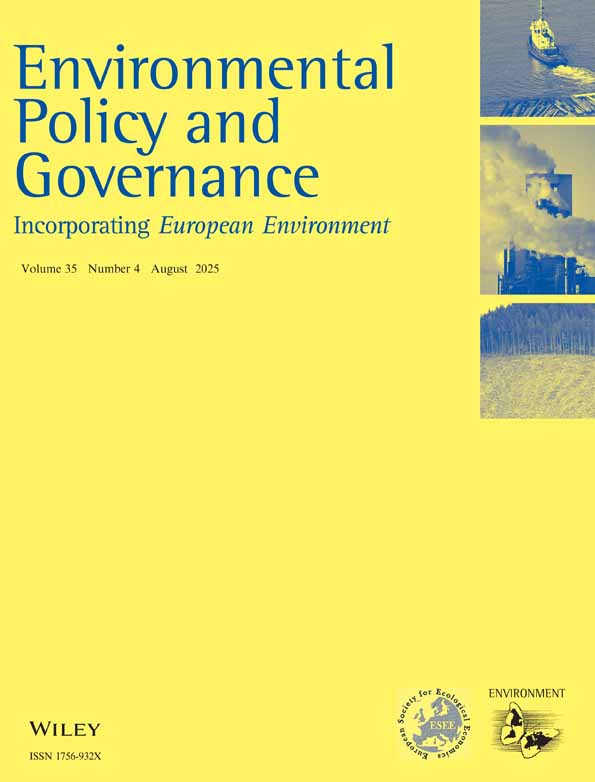Capacity building in environmental policy through mediation – experiences from the mediation project ‘Waste Management Programme of Berlin’
Abstract
Cooperative planning instruments have become more and more important in European environmental policies. Besides experts and acknowledged interest groups, who usually dominate decision-making processes, these instruments provide the possibility to also include non-professionals, affected citizens and conflict parties in these processes. Environmental mediation, which is one of the widely discussed cooperative methods, is increasingly used, especially in Germany. Hence some basic questions that arise in connection with environmental mediation and that relate to the role of institutions as well as to democratic theory will be tackled by presenting a case study from the region of Berlin. Cooperative procedures such as environmental mediation can be regarded as an adequate approach to developing governance capacities. Considering the high potential for conflict in environmental planning processes, cooperative procedures provide a new institutional framework, which is oriented towards the requirements of constructive conflict management. The case study shows that cooperative procedures such as environmental mediation also provide an institutional framework for social learning processes in civil society. The challenge for the future is to make sure that these cooperative procedures achieve political legitimacy by interlinking them with representative parliamentary decision-making processes. Copyright © 2000 John Wiley & Sons, Ltd and ERP Environment




